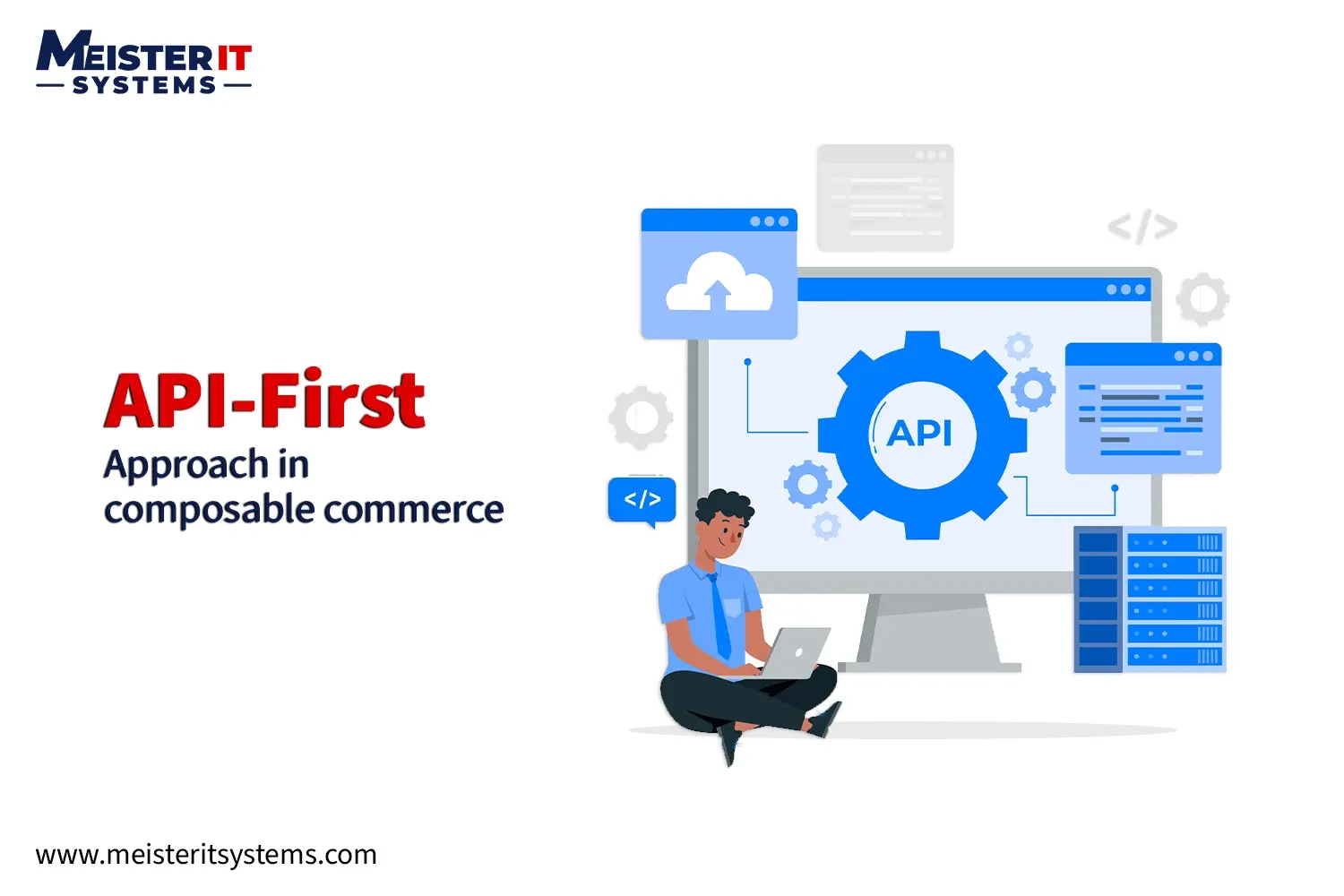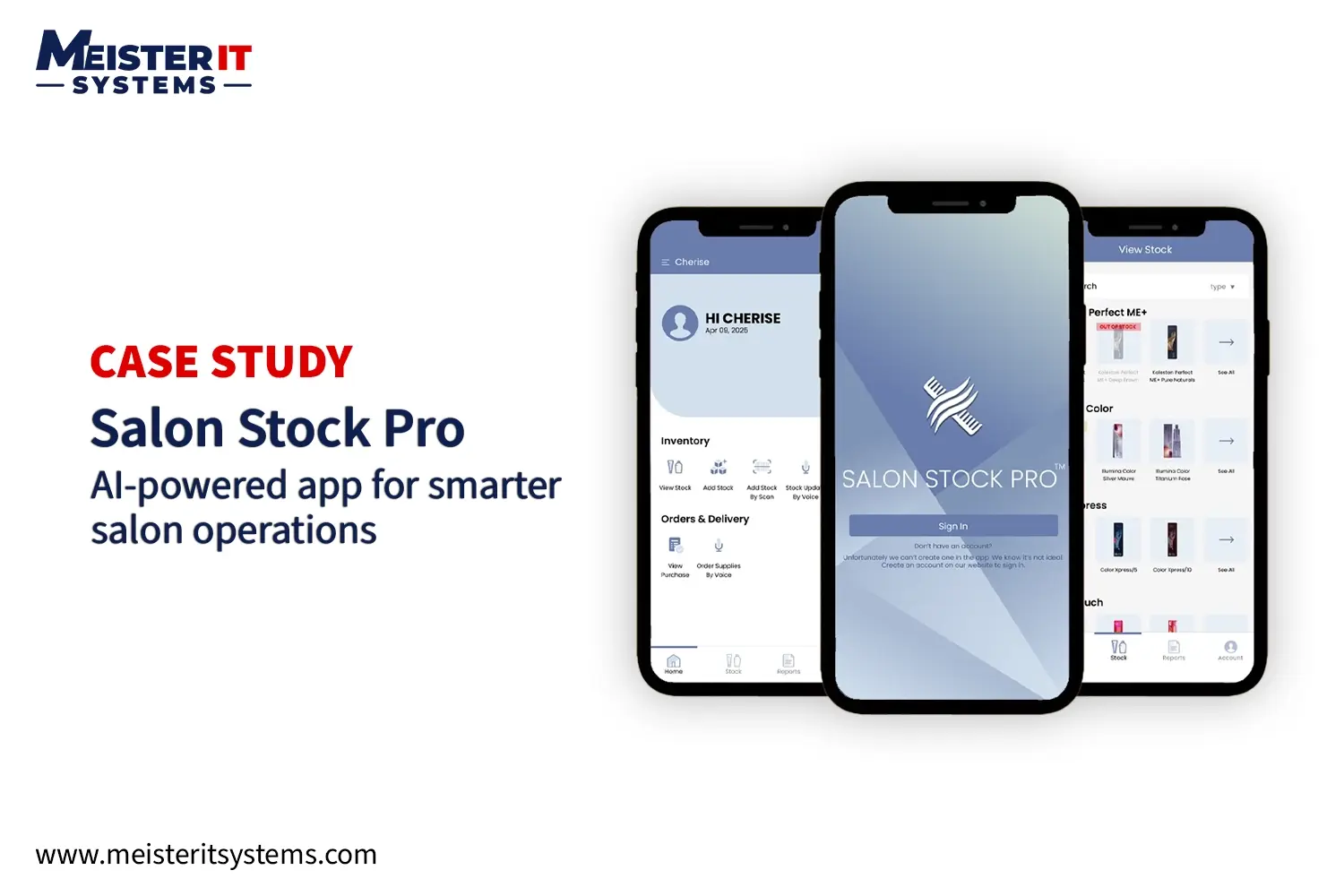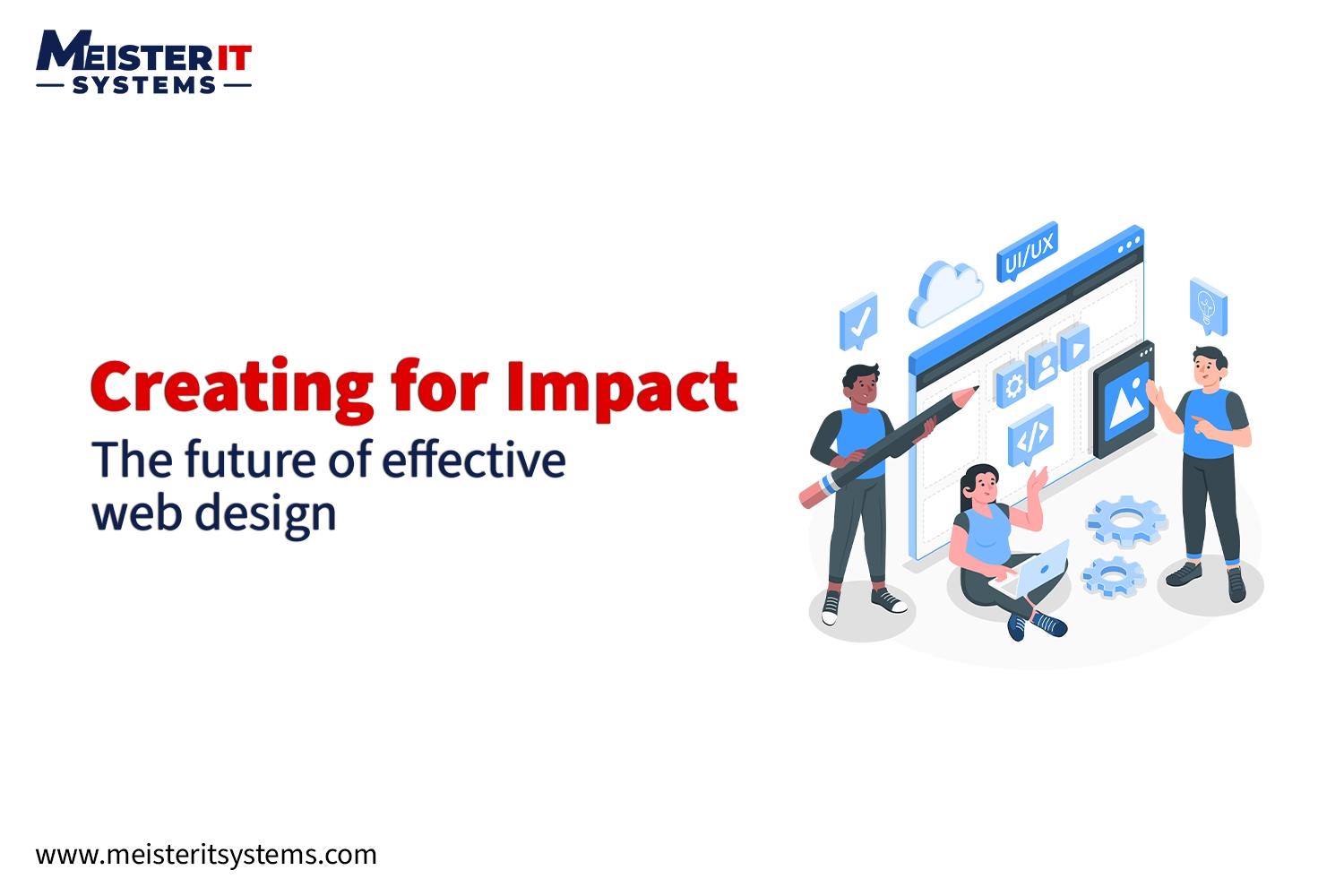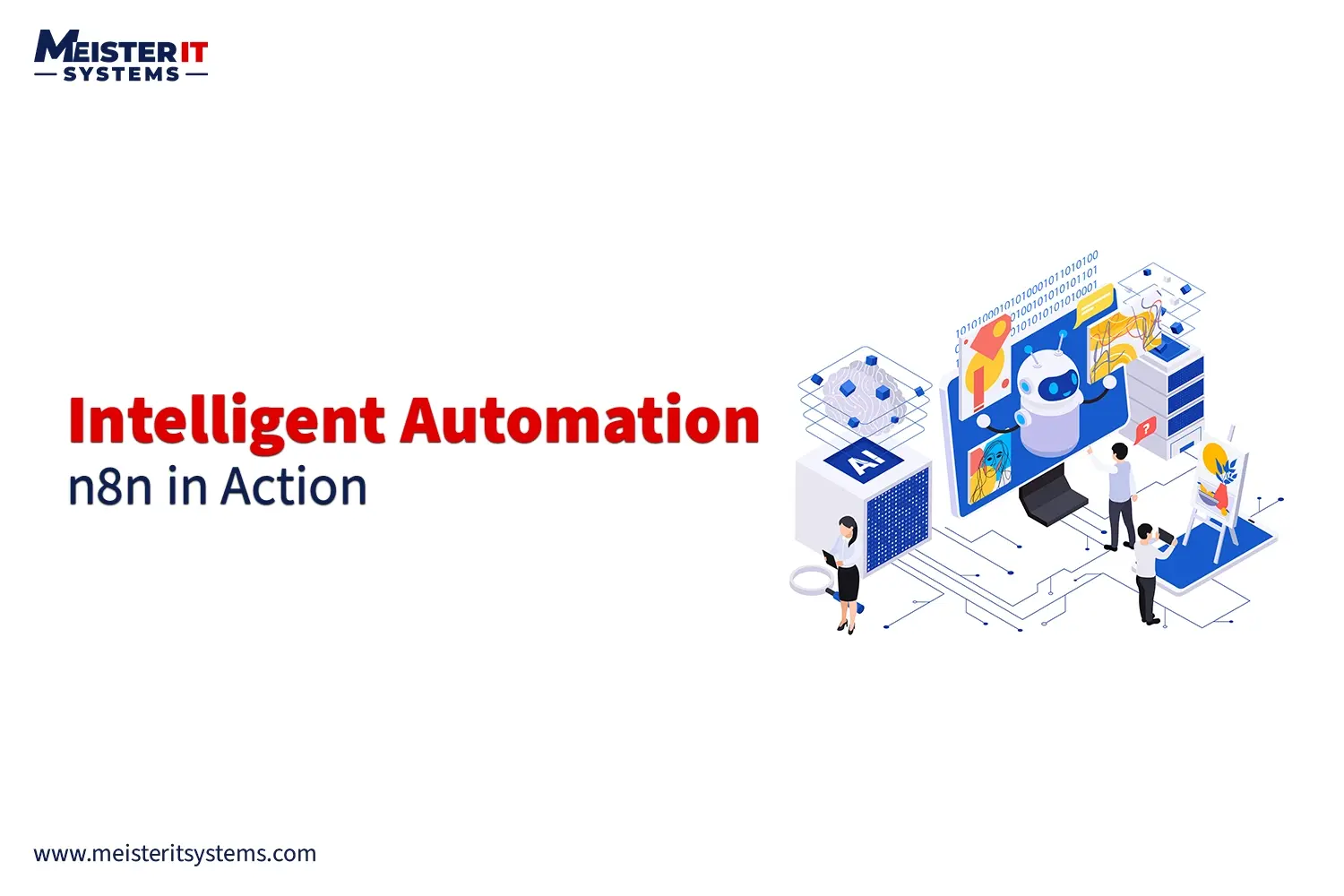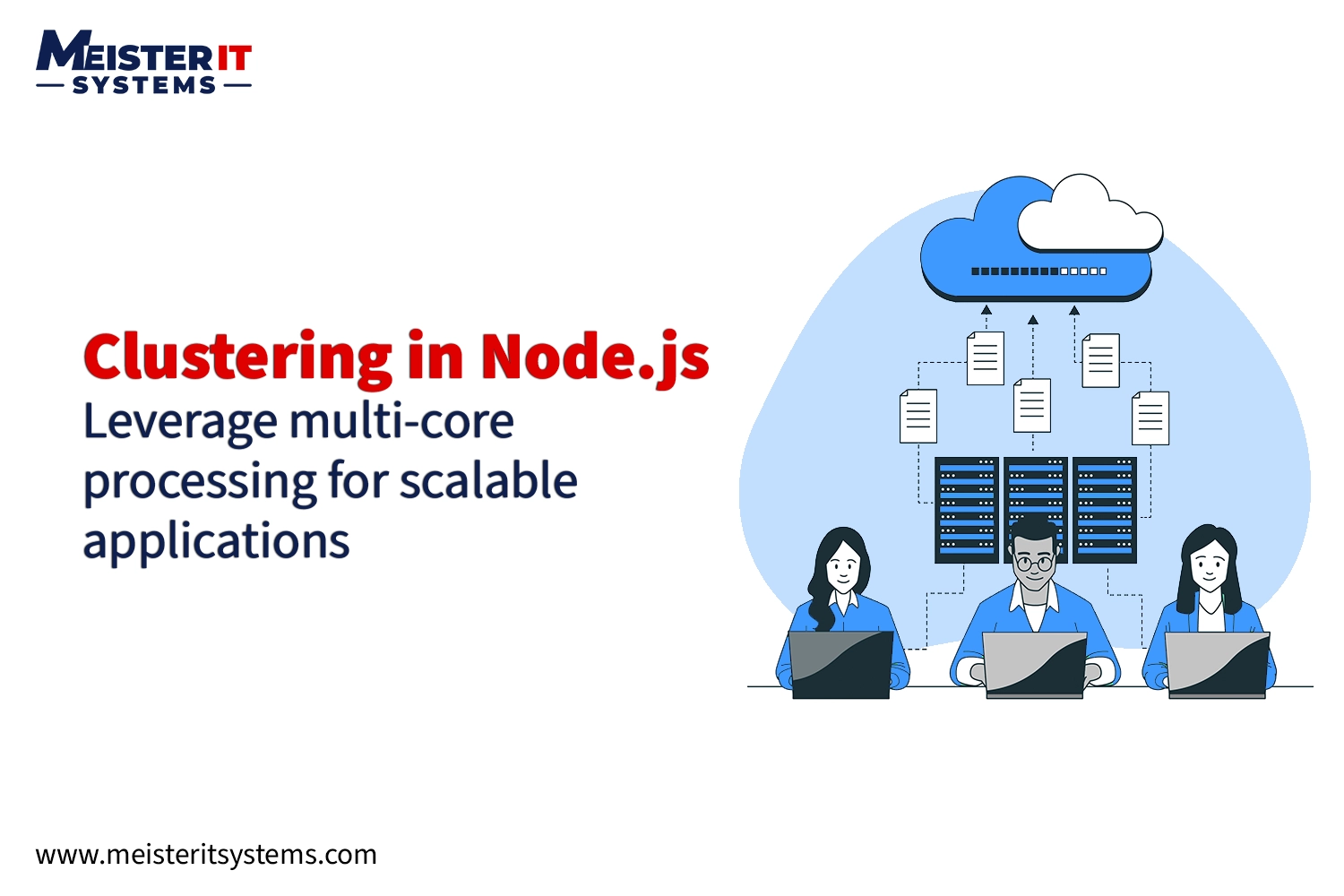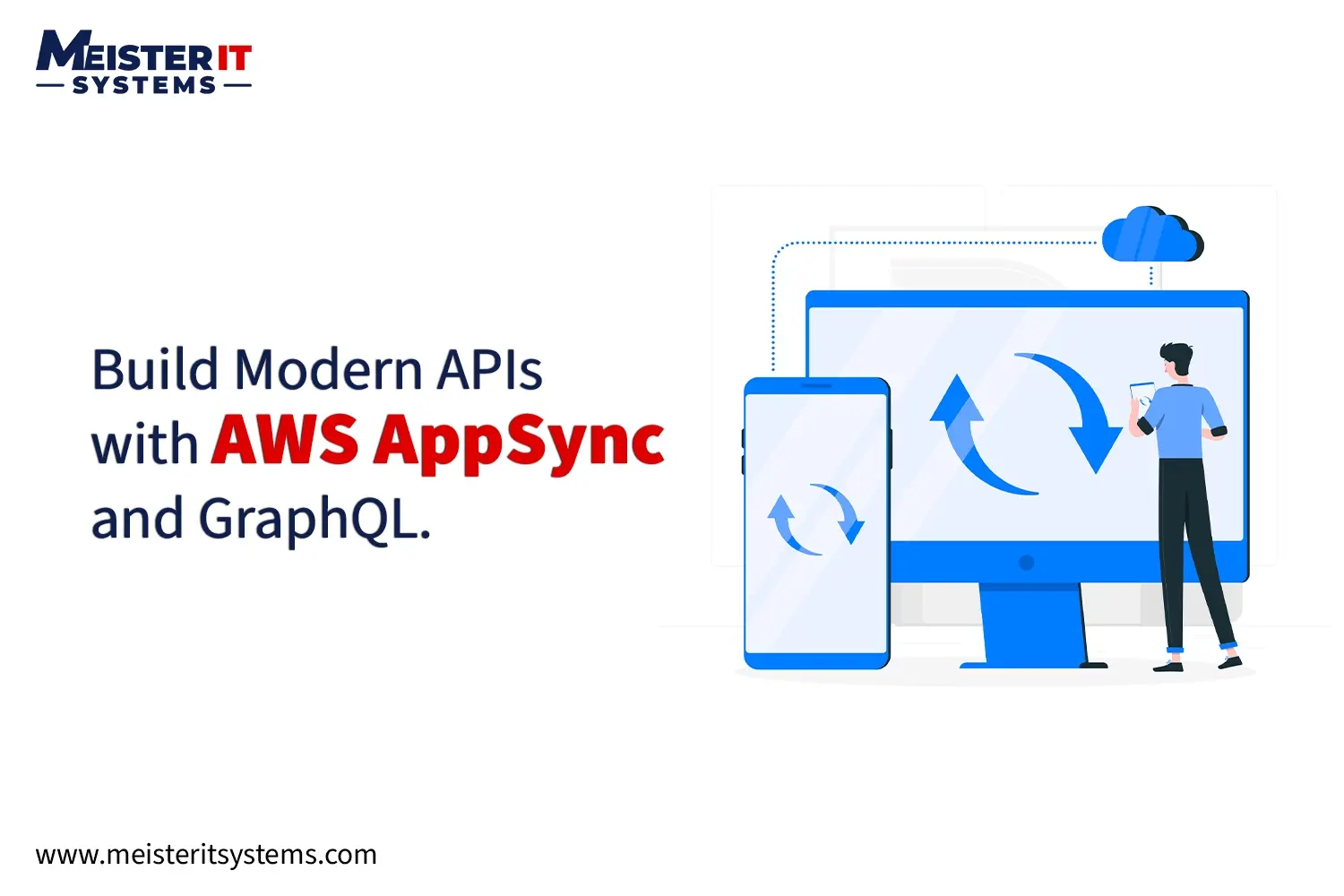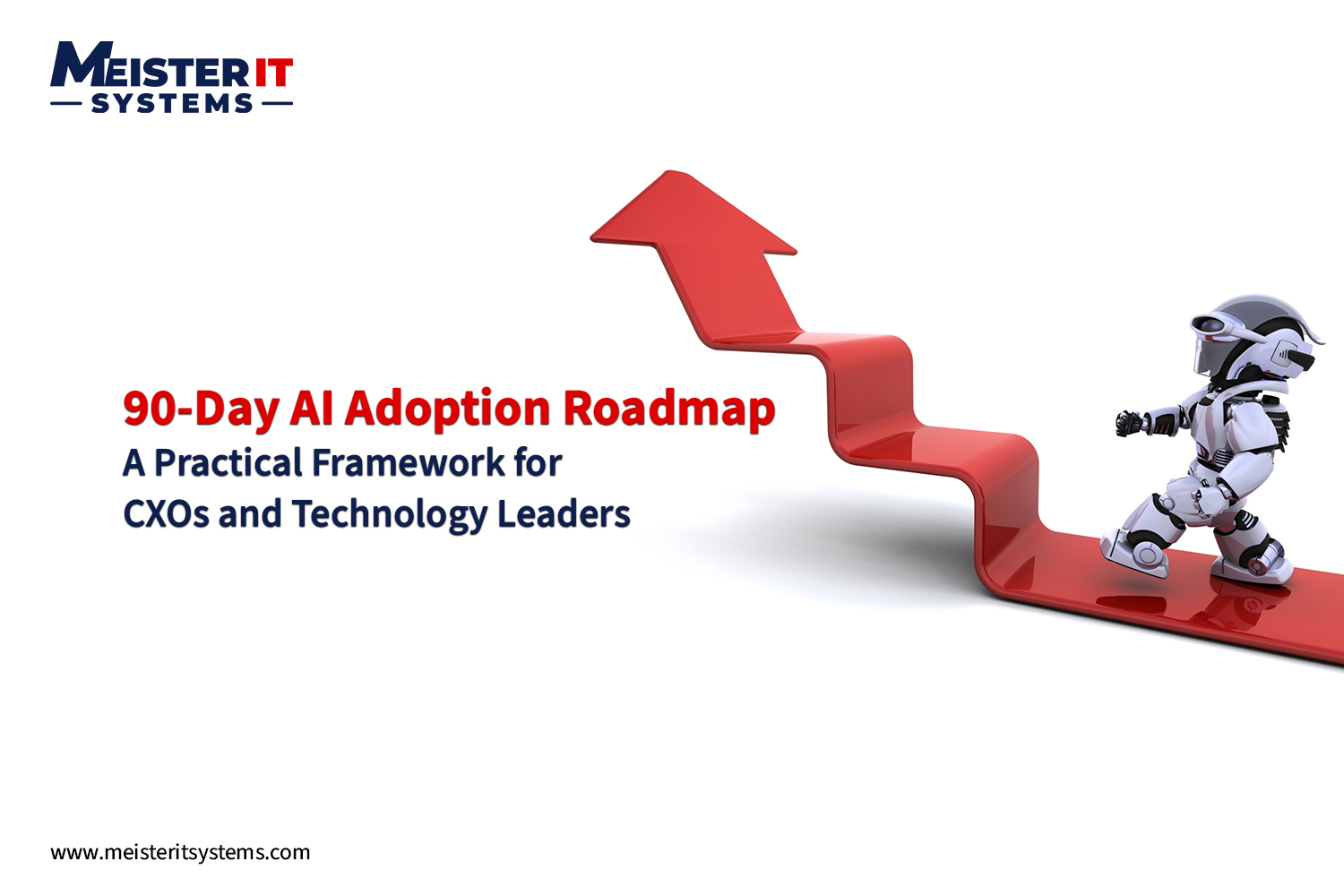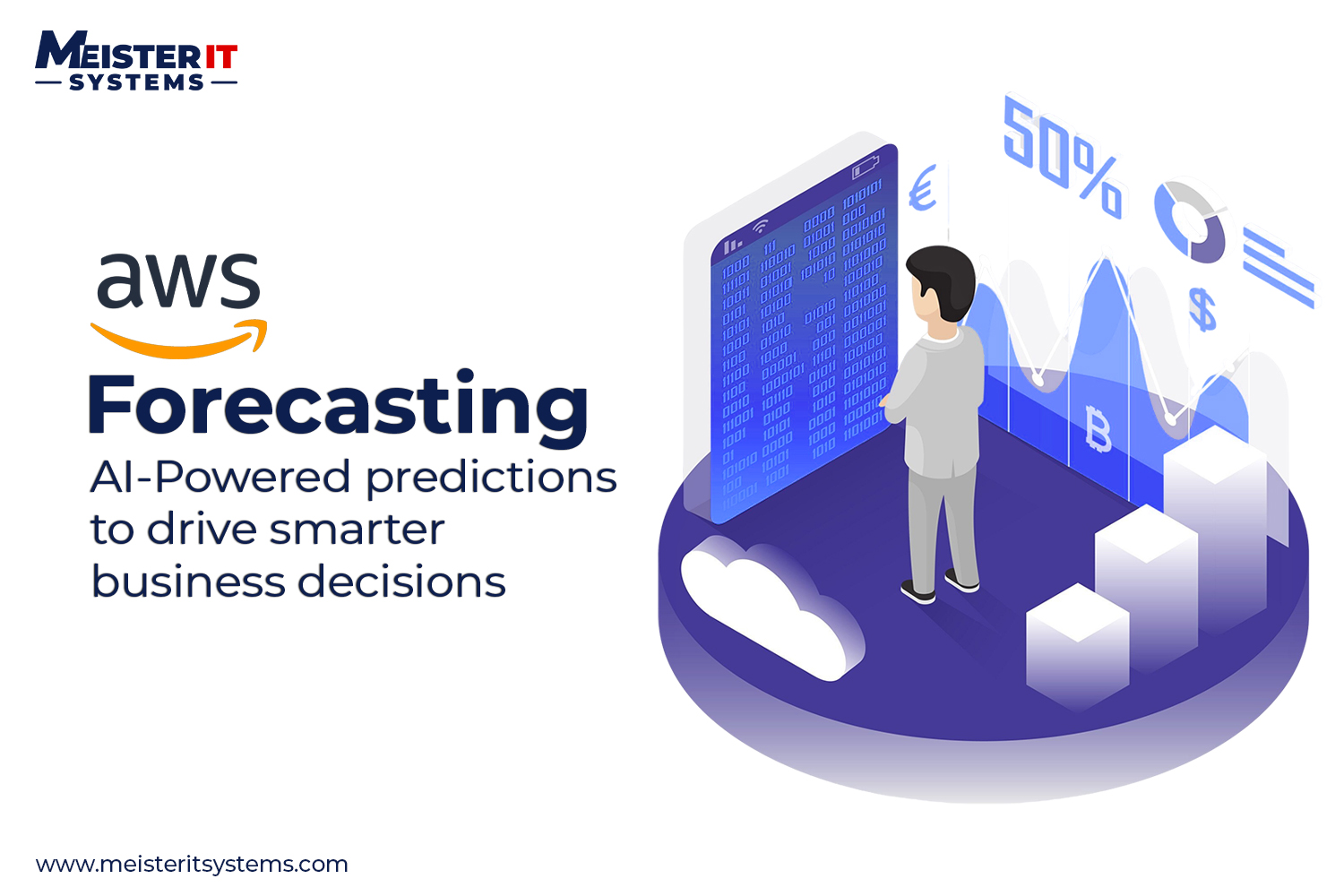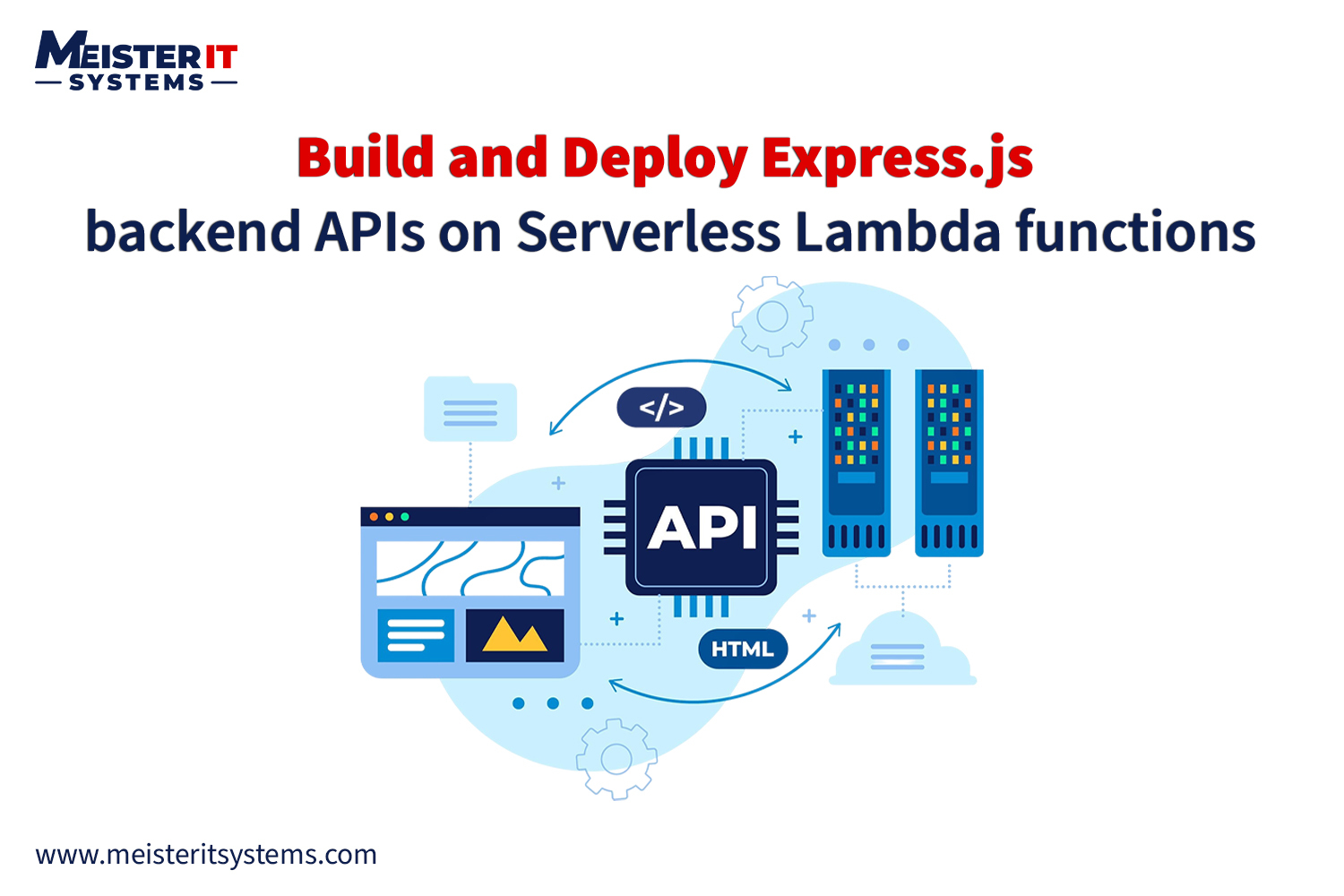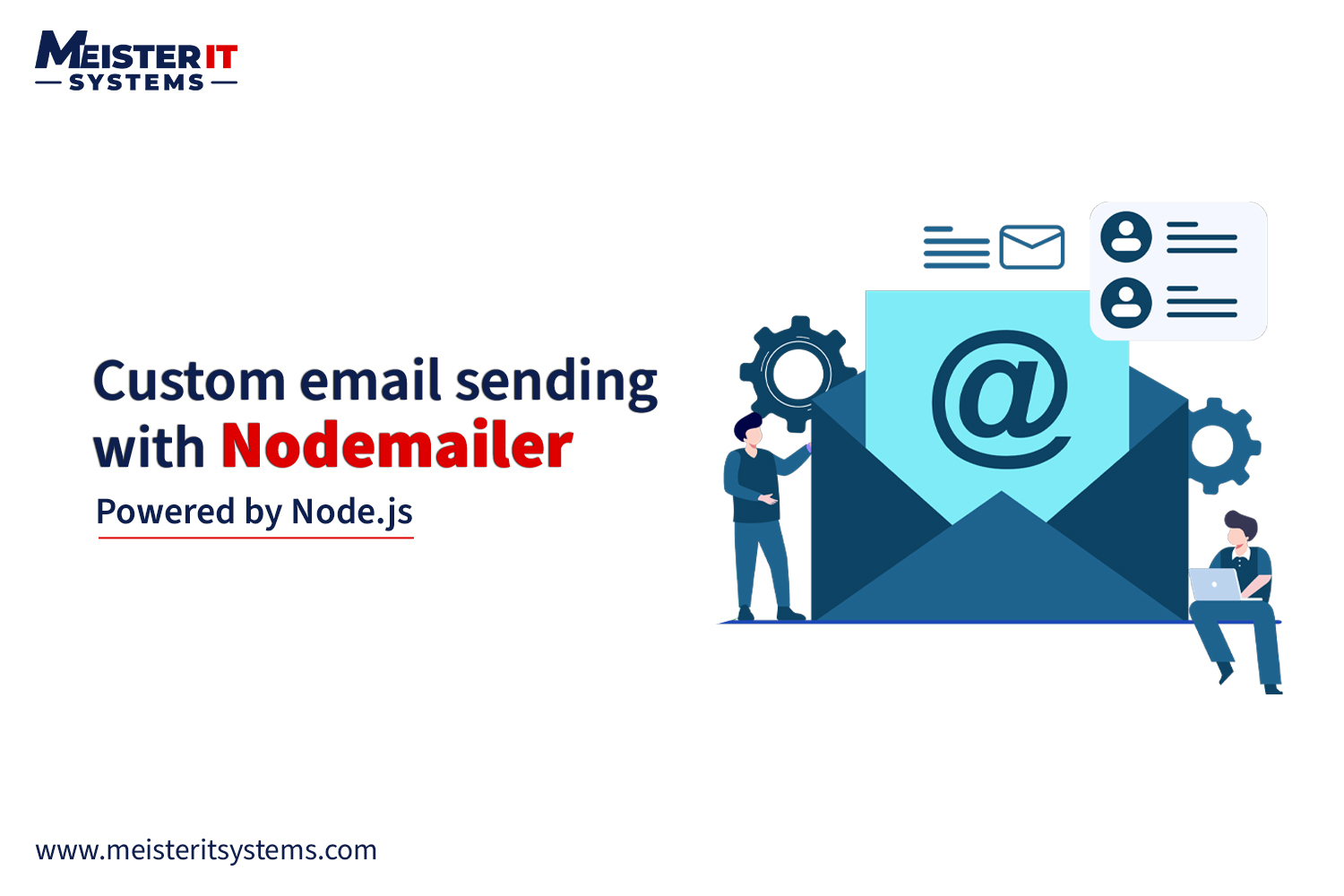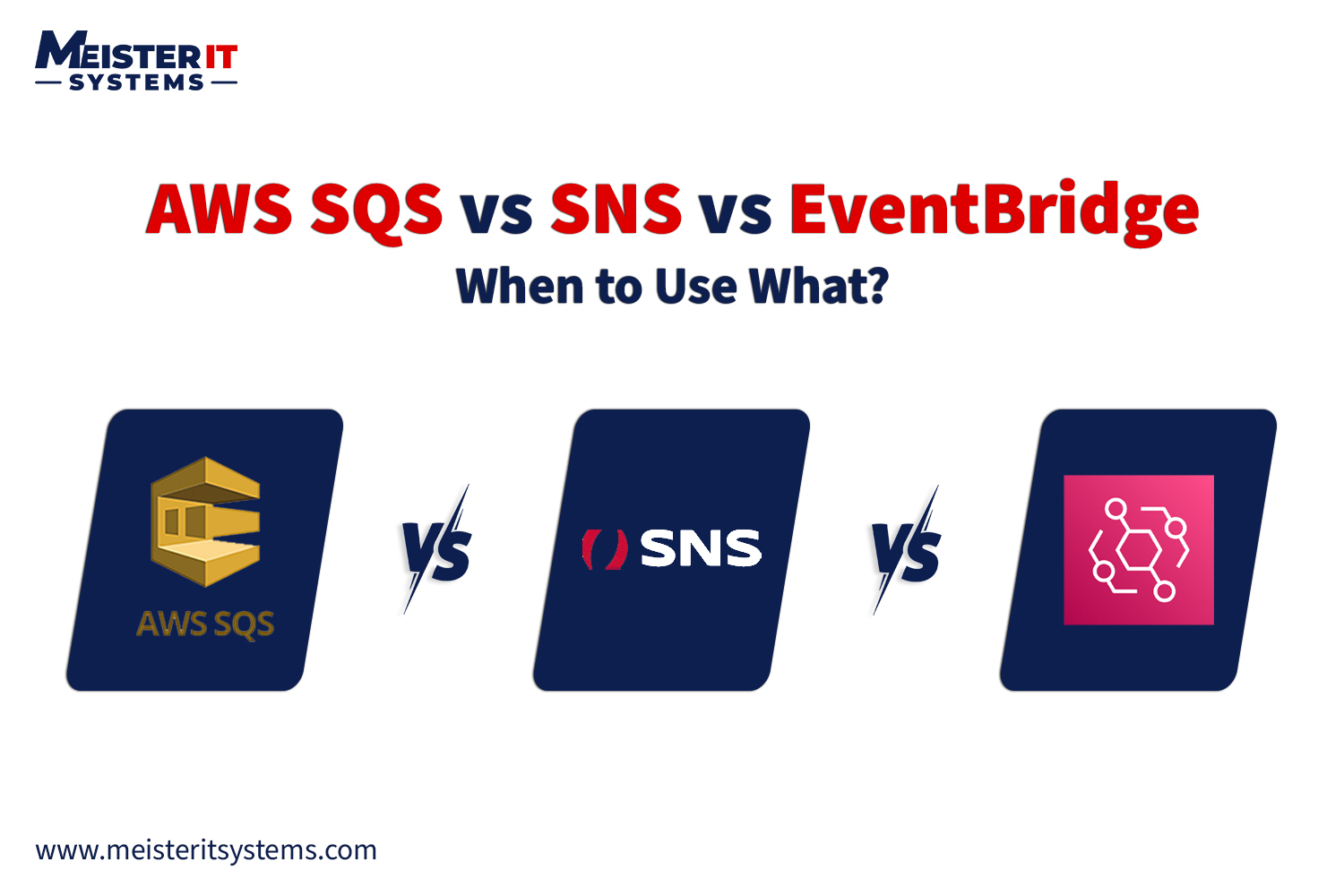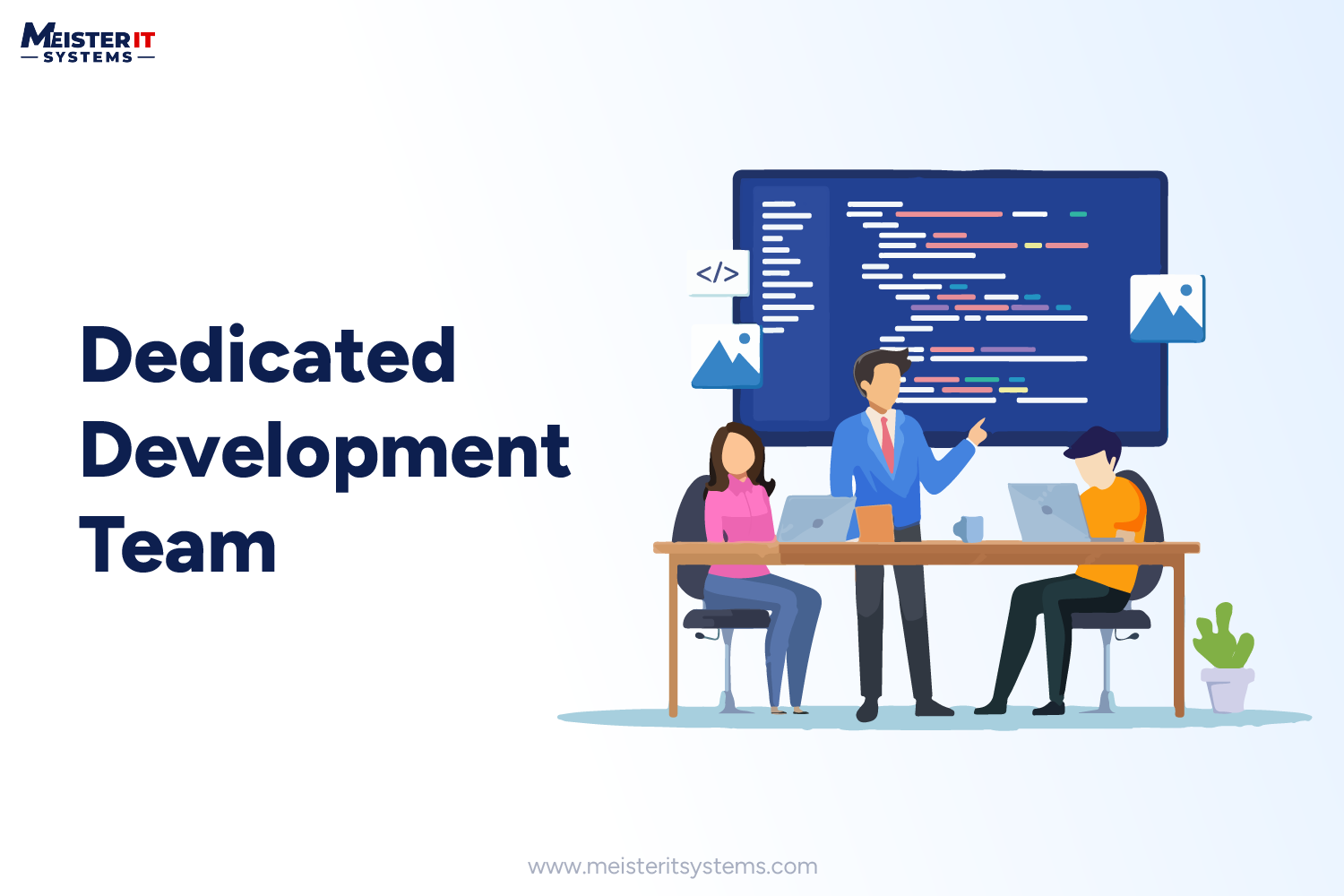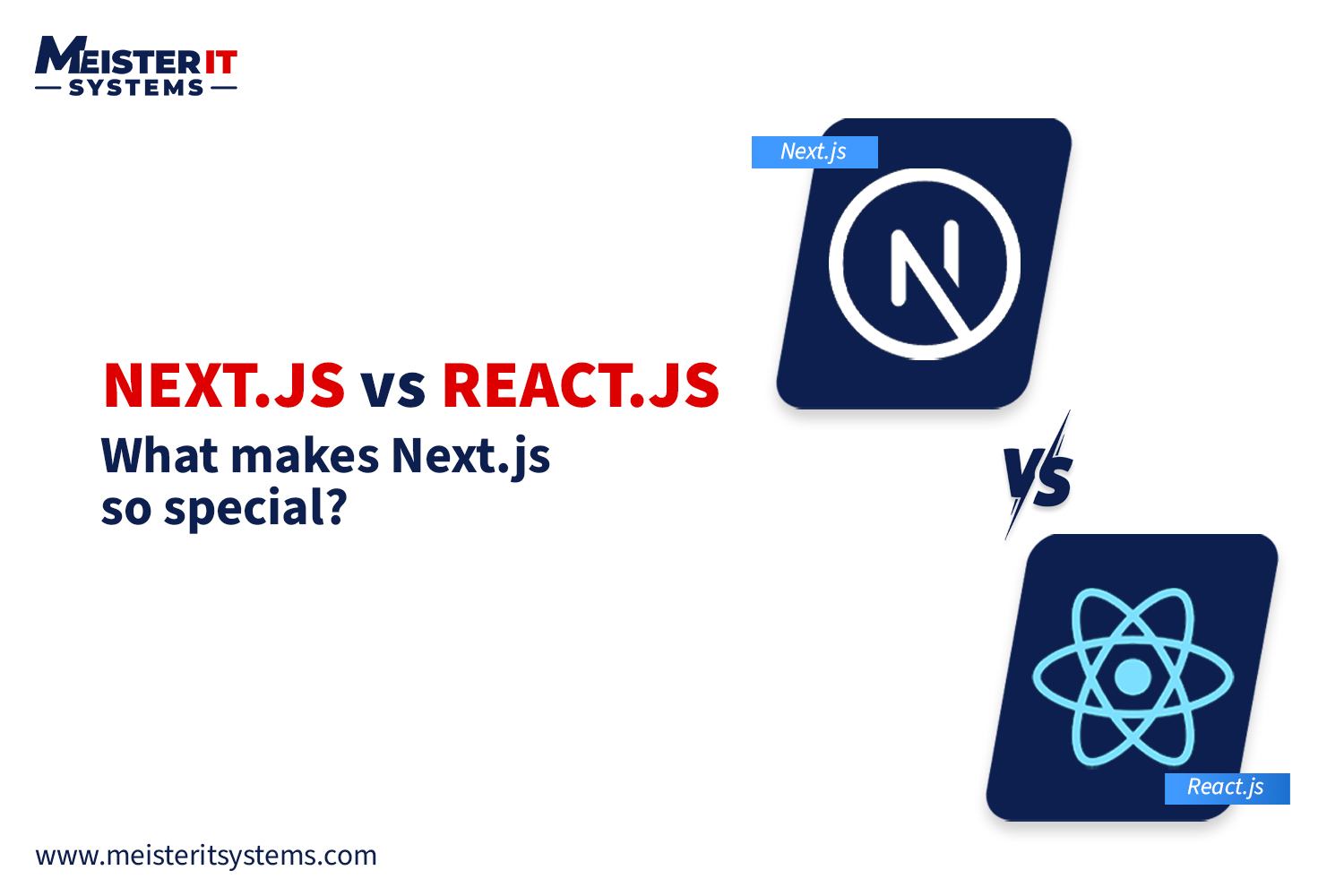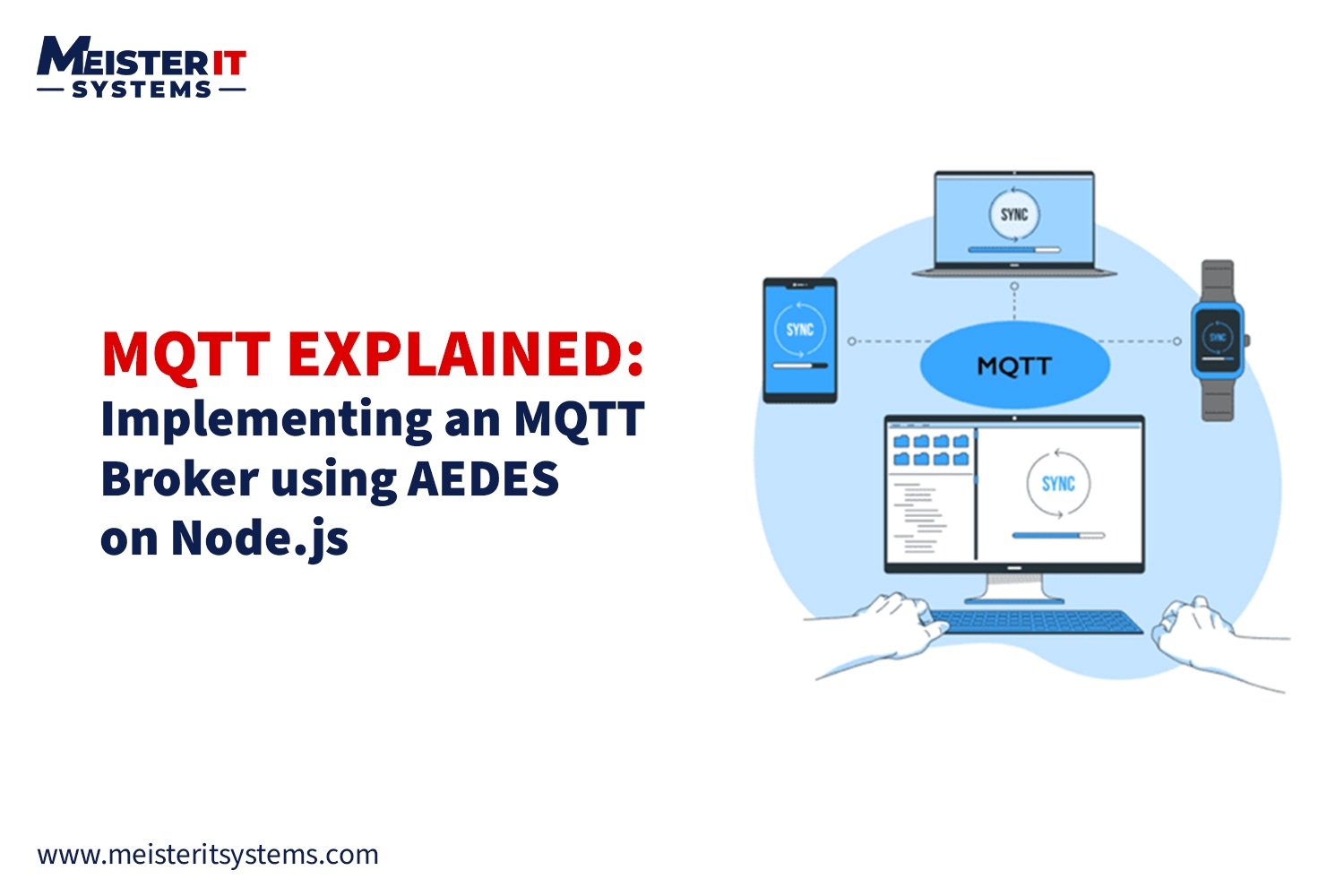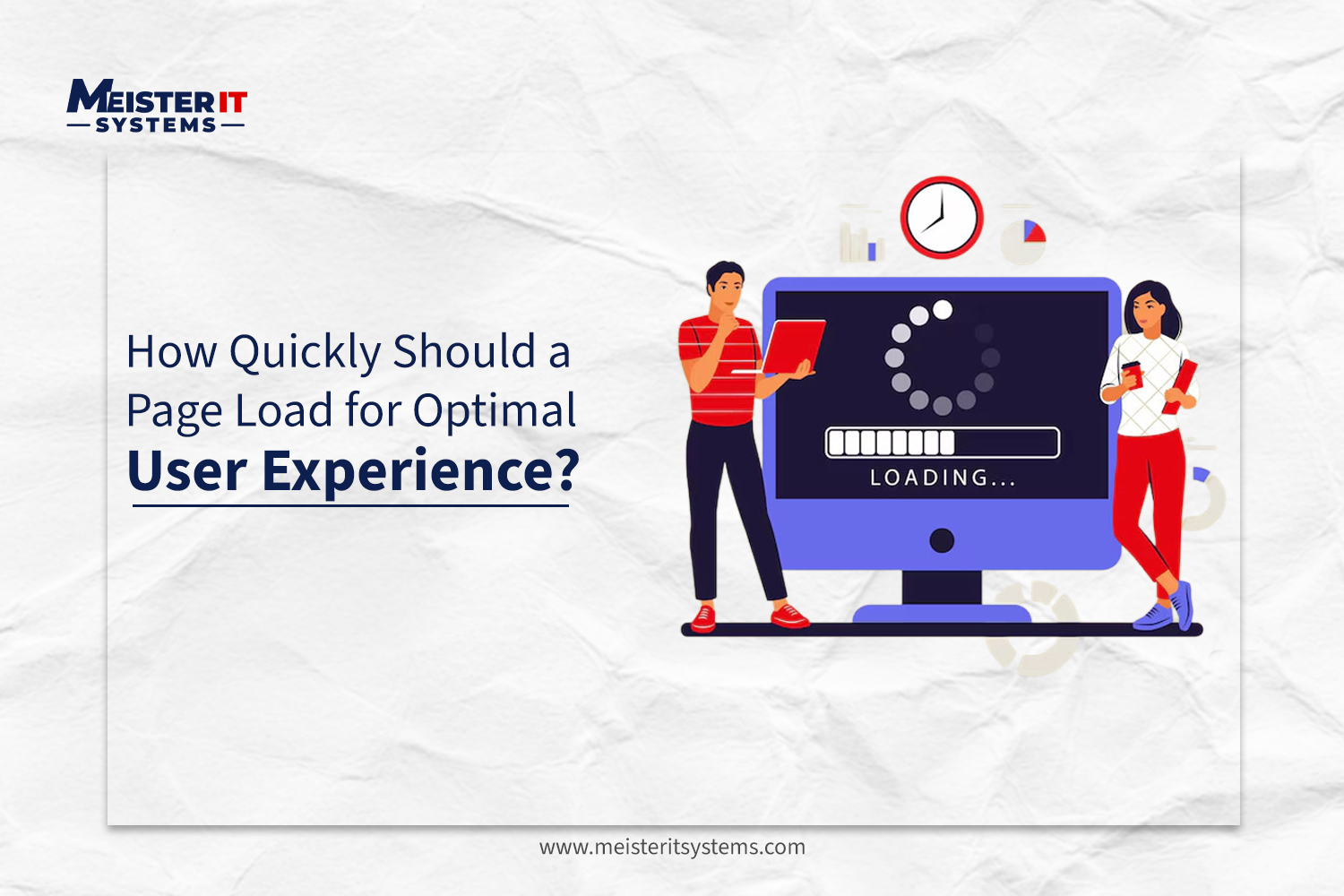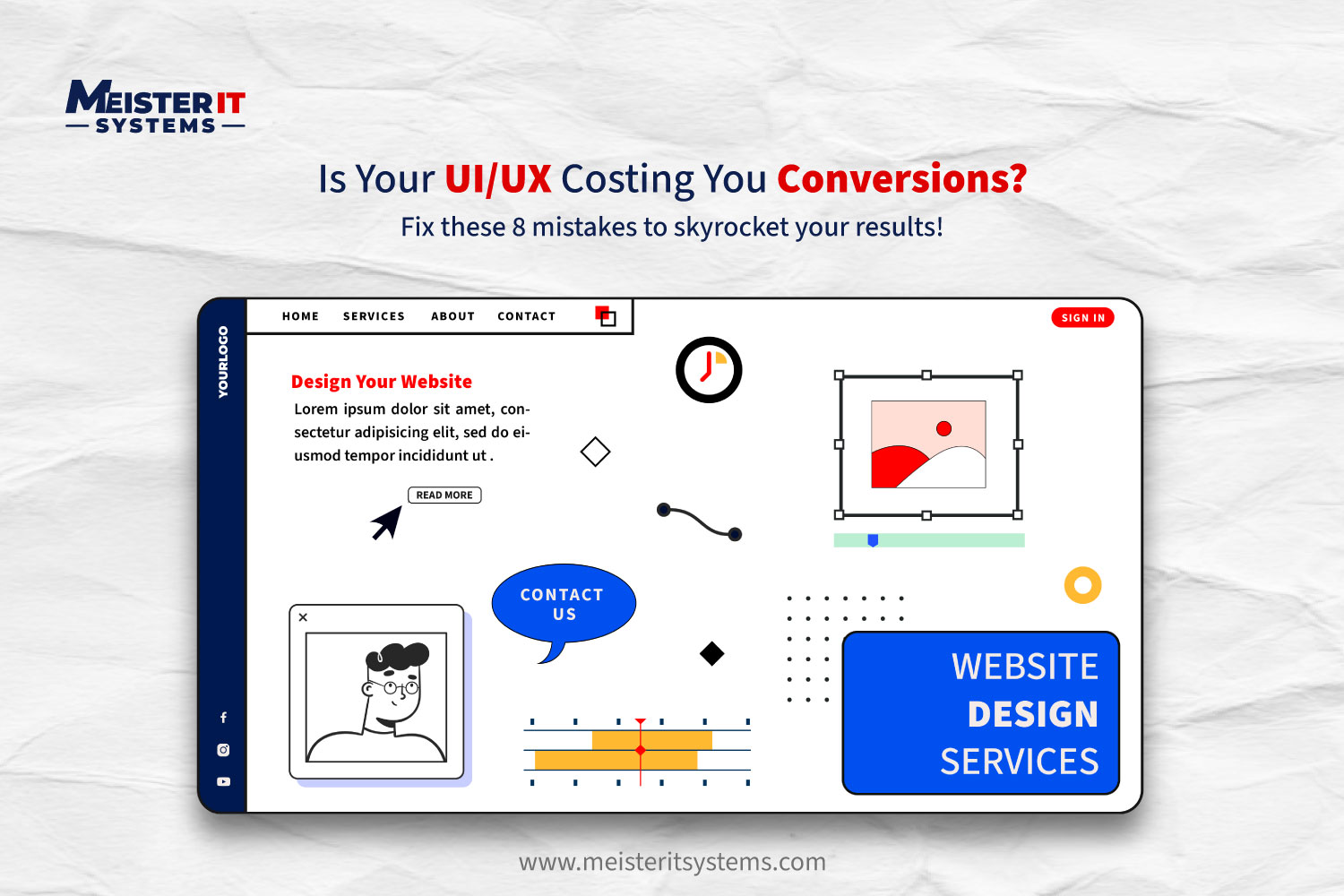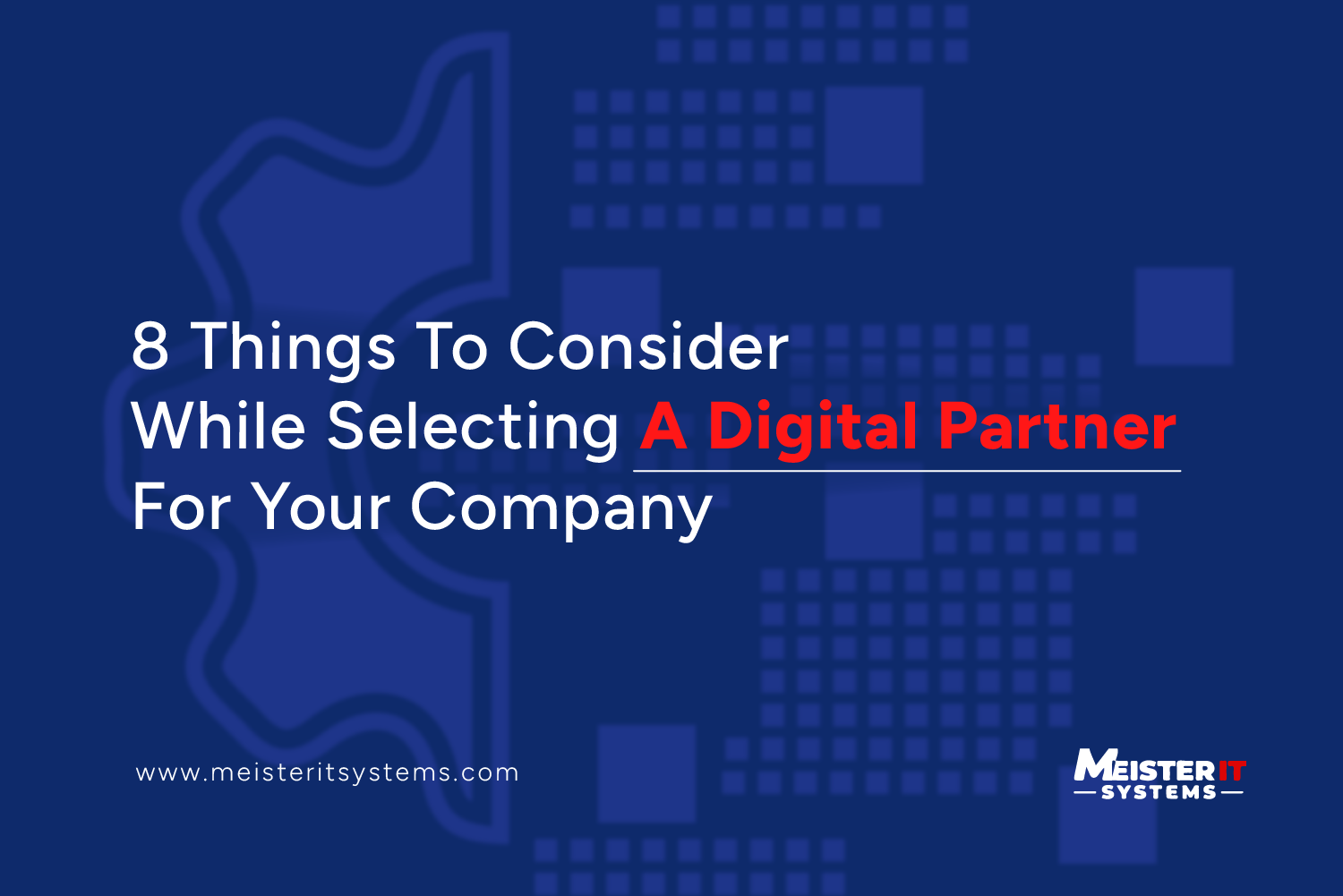
In today’s fast-paced business landscape, having a strong digital presence is no longer a luxury—it’s a necessity. To thrive in the digital age, companies must leverage technology to reach their target audience, streamline operations, and stay ahead of the competition. However, achieving digital success often requires expertise beyond your in-house capabilities. That’s where a digital partner comes into play.
How To Select The Right Digital Partner For Your Company?
Selecting the right digital partner can be a game-changer for your company. Whether you’re looking for a web development agency, a digital marketing firm, or a technology consultant, making the right choice is crucial. Your digital partner should not only complement your company’s vision but also add value through their expertise. In this blog, we’ll delve into eight essential factors to consider when choosing a digital partner for your company
1. Define Your Goals and Objectives
Before embarking on your search for a digital partner, it’s essential to have a clear understanding of your goals and objectives. What are you trying to achieve through digital initiatives? Are you looking to increase online sales, improve customer engagement, or enhance operational efficiency? Your goals will serve as the foundation for selecting the right partner, as different agencies specialise in various areas of digital expertise
For example, if your primary goal is to boost online sales, you may need a digital marketing agency with expertise in e-commerce. On the other hand, if you aim to streamline internal processes, a technology consultant may be a better fit. Defining your objectives will help you narrow down your options and ensure that your chosen partner aligns with your vision.
2. Assess Their Expertise
Once you’ve outlined your goals, it’s time to assess the expertise of potential digital partners. Look for companies that have a proven track record in your industry or a similar one. Ask for case studies and references to evaluate their past work. An experienced partner will not only have a better understanding of your industry but will also bring valuable insights and best practices to the table.
Consider the following aspects when assessing expertise:
- Relevant Experience: Ensure that the partner has experience in projects similar to yours.
- Industry Knowledge: Look for a partner who understands the nuances and challenges specific to your industry.
- Technology Stack: If you require specific technologies, ensure that the partner is proficient in using them.
- Certifications: Check if the partner holds relevant certifications and qualifications in their field.
3. Evaluate Their Portfolio
A digital partner’s portfolio can provide valuable insights into their capabilities and style. Take the time to review their previous work, paying attention to design aesthetics, user experience, and functionality. Look for projects that align with your goals and objectives, as this will give you a sense of what the partner can deliver.
Additionally, consider the diversity of their portfolio. A partner with a broad range of experience may bring fresh perspectives and creative solutions to your projects. Don’t hesitate to ask for specific examples of projects that demonstrate their expertise in areas relevant to your needs.
4. Understand Their Process
A well-defined and transparent process is essential when working with a digital partner. Inquire about their project management methodology, development process, and communication protocols. Understanding how they approach projects will help you gauge their level of professionalism and ensure that your collaboration runs smoothly.
Some key questions to ask include:
- How do you gather requirements and define project scope?
- What is your approach to project planning and timelines?
- How do you handle changes or unexpected challenges during a project?
- What communication channels and tools do you use to keep clients informed?
A digital partner with a structured and adaptable process is more likely to deliver projects on time and within budget.
5. Consider Their Scalability
As your company grows, your digital needs may evolve. Therefore, it’s crucial to choose a digital partner with the scalability to accommodate your changing requirements. Discuss their capacity to handle larger projects, additional services, or increased workloads. Scalability also extends to their team size and resources. Ensure that the partner has the necessary talent and capacity to meet your needs without compromising on quality. You don’t want to outgrow your partner and have to start the selection process all over again.
6. Assess Communication and Collaboration
Effective communication and collaboration are essential for a successful partnership. When evaluating potential digital partners, pay attention to their communication style and responsiveness. Open lines of communication are vital for keeping projects on track and addressing issues promptly. Also, make sure to consider the following communication factors:
- Accessibility: Can you easily reach key team members when needed?
- Responsiveness: Do they respond to emails and calls in a timely manner?
- Transparency: Are they forthcoming with project updates, challenges, and progress reports?
- Cultural Fit: Does the partner’s communication style align with your company culture?
Additionally, assess their willingness to collaborate and adapt to your company’s processes and preferences. A partner that values collaboration and fosters a positive working relationship is more likely to deliver successful outcomes.
7. Review Pricing and Value
Pricing is a crucial consideration when selecting a digital partner, but it should not be the sole determining factor. While it’s essential to stay within your budget, prioritise value over the lowest cost. A partner that offers the most cost-effective solution may not always deliver the best results.
When reviewing pricing proposals, consider the following:
- Total Cost of Ownership: Look beyond initial project costs and consider long-term expenses, such as maintenance and support.
- Value Proposition: Assess how the partner’s services align with your goals and objectives. Will they provide tangible value to your business?
- Scalability: Ensure that pricing can accommodate future growth and additional services.
- Flexibility: Are there options for different pricing models, such as hourly rates, fixed fees, or retainer agreements?
Be prepared to negotiate and seek clarity on any potential hidden costs. A transparent pricing structure will help you make an informed decision.
8. Check for Ongoing Support and Maintenance
Digital projects don’t end with the launch of a website or application. Ongoing support and maintenance are essential to ensure the continued success and functionality of your digital assets. Inquire about the partner’s post-launch services, including updates, security, and troubleshooting.
Here are some key considerations for ongoing support:
- Service Level Agreements (SLAs): What guarantees and response times are included in their support agreements?
- Security Measures: How does the partner address security concerns and updates to protect your digital assets?
- Scalability: Can they provide support as your digital presence expands or evolves?
- Cost of Support: Understand the pricing structure for ongoing support and whether it aligns with your budget.
Conclusion
Having a reliable partner for ongoing support can save you time, money, and headaches in the long run. In conclusion, selecting the right digital partner for your company is a critical decision that can significantly impact your success in the digital world. By defining your goals, assessing expertise, evaluating portfolios, understanding processes, considering scalability, assessing communication, reviewing pricing, and checking for ongoing support and maintenance, you can make an informed choice that aligns with your business objectives.
Remember that the right digital partner is not just a vendor but a strategic collaborator who can help your company navigate the complexities of the digital landscape and achieve your goals. Take the time to thoroughly research and assess potential partners to ensure a mutually beneficial and successful partnership.



